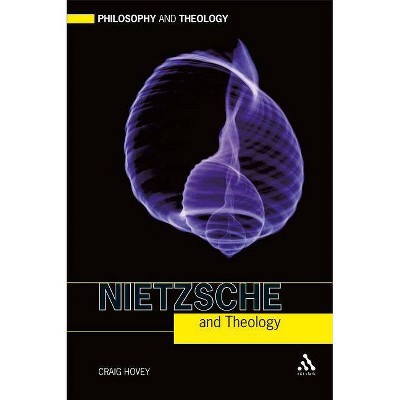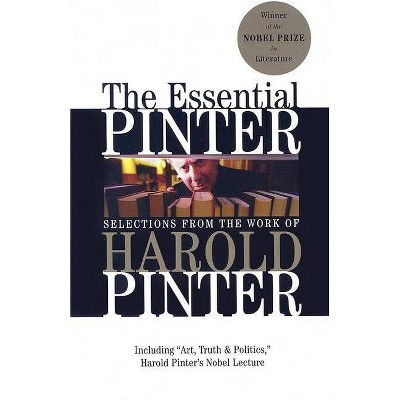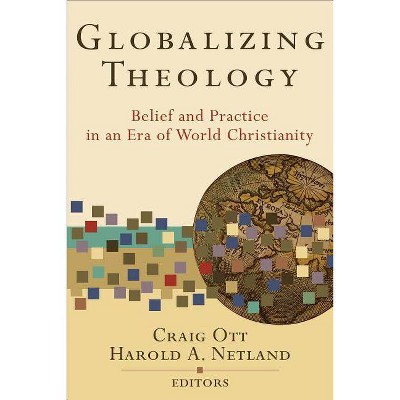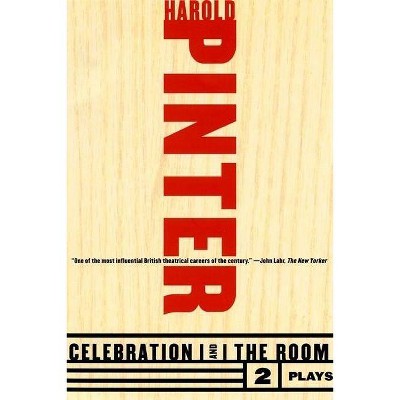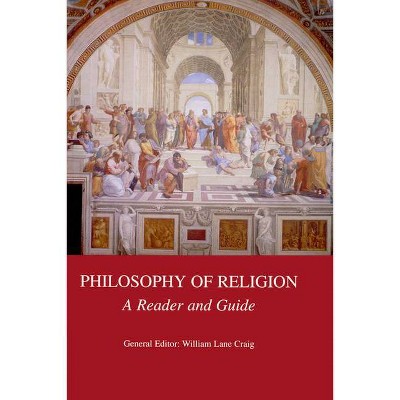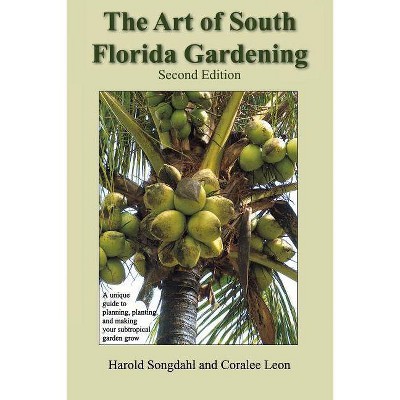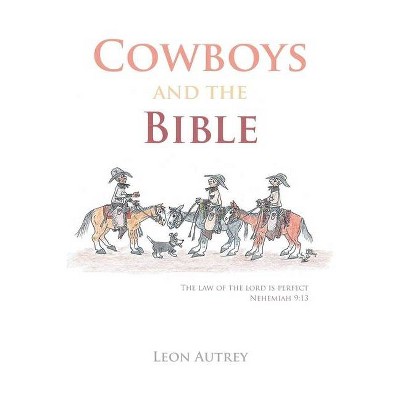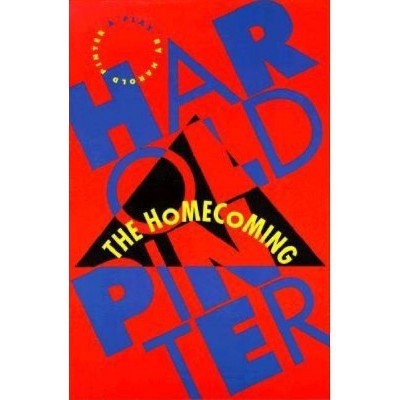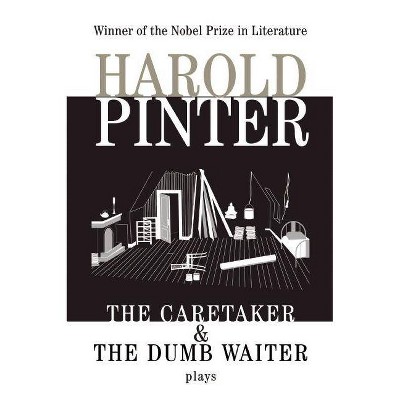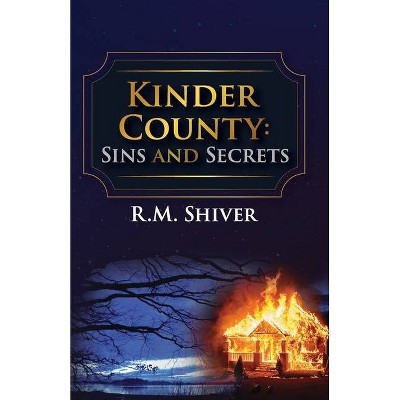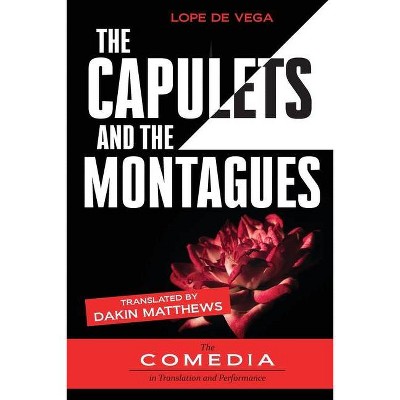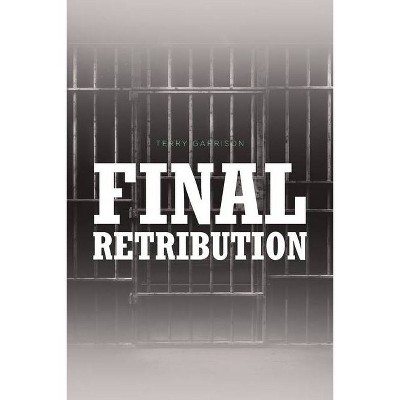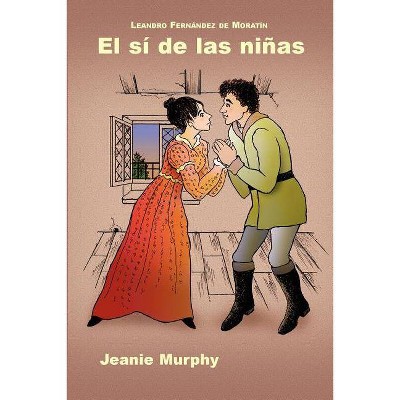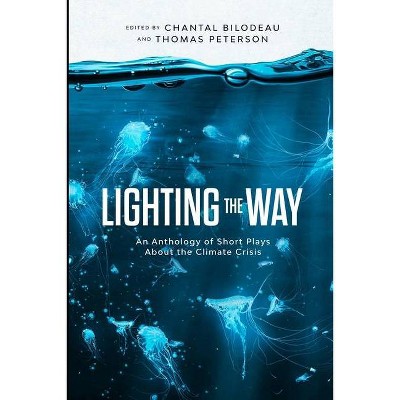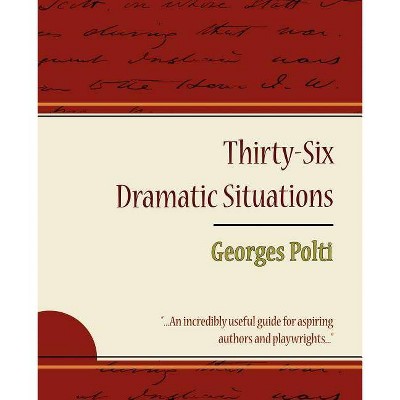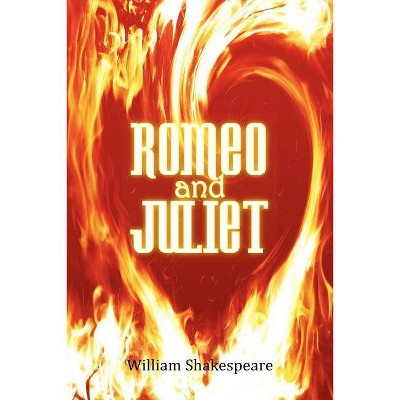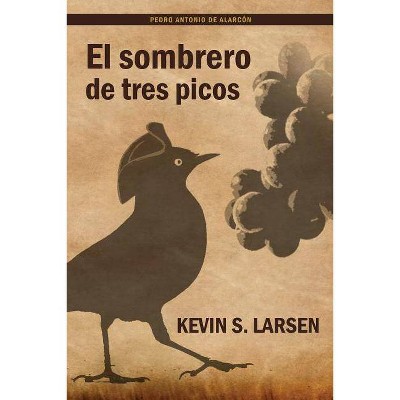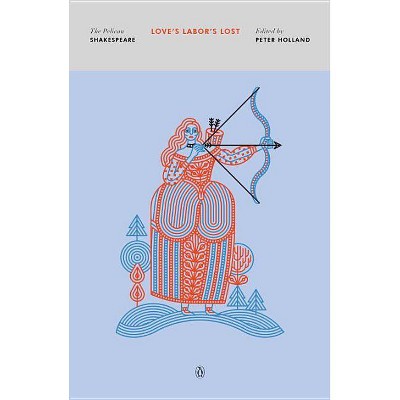Philosophy and the Puzzles of Hamlet - by Leon Harold Craig (Paperback)
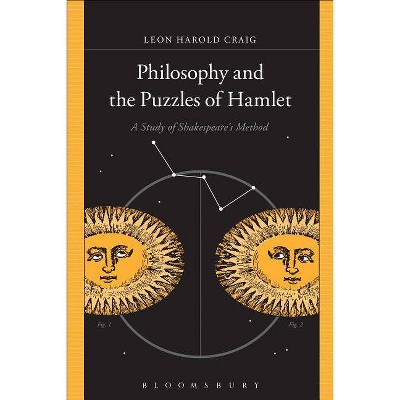
Similar Products
Products of same category from the store
AllProduct info
<p/><br></br><p><b> Book Synopsis </b></p></br></br>Shakespeare's famous play, <i>Hamlet</i>, has been the subject of more scholarly analysis and criticism than any other work of literature in human history. For all of its generally acknowledged virtues, however, it has also been treated as problematic in a raft of ways. <br/><br/>In <i>Philosophy and the Puzzles of Hamlet</i>, Leon Craig explains that the most oft-cited problems and criticisms are actually solvable puzzles. Through a close reading of the philosophical problems presented in <i>Hamlet</i>, Craig attempts to provide solutions to these puzzles. <br/><br/>The posing of puzzles, some more conspicuous, others less so, is fundamental to Shakespeare's philosophical method and purpose. That is, he has crafted his plays, and <i>Hamlet </i>in particular, so as to stimulate philosophical activity in the "judicious" (as distinct from the "unskillful") readers. By virtue of showing what so many critics treat as faults or flaws are actually intended to be interpretive challenges, Craig aims to raise appreciation for the overall coherence of <i>Hamlet</i>: that there is more logical rigor to its plot and psychological plausibility to its characterizations than is generally granted, even by its professed admirers. <br/><br/><i>Philosophy and the Puzzles of Hamlet</i> endeavors to make clear why <i>Hamlet</i>, as a work of reason, is far better than is generally recognized, and proves its author to be, not simply the premier poet and playwright he is already universally acknowledged to be, but a philosopher in his own right.<p/><br></br><p><b> Review Quotes </b></p></br></br><br>"This book holds its own with other books on Shakespeare's plays, especially other books devoted to Hamlet. Mr. Craig takes other scholars into account, from A.C. Bradley to Harold Bloom, and because of his conversancy with these many other scholars, without weighing his own thoughts down, the book fits well with the most significant scholarship on Shakespeare. It says some startling things, which I consider a strength; Craig's claims call forth a response in the form of further conversation. The novel insights he has and the interpretations he gives do not simply have to be accepted or rejected: they provoke further thought and take the reader more deeply into the play." --<i>Pamela Jensen, Professor of Political Science Emerita, Kenyon College, USA</i><br><p/><br></br><p><b> About the Author </b></p></br></br><b>Leon Harold Craig</b> is Professor Emeritus of Political Science at the University of Alberta, Canada.
Price History
Price Archive shows prices from various stores, lets you see history and find the cheapest. There is no actual sale on the website. For all support, inquiry and suggestion messagescommunication@pricearchive.us
